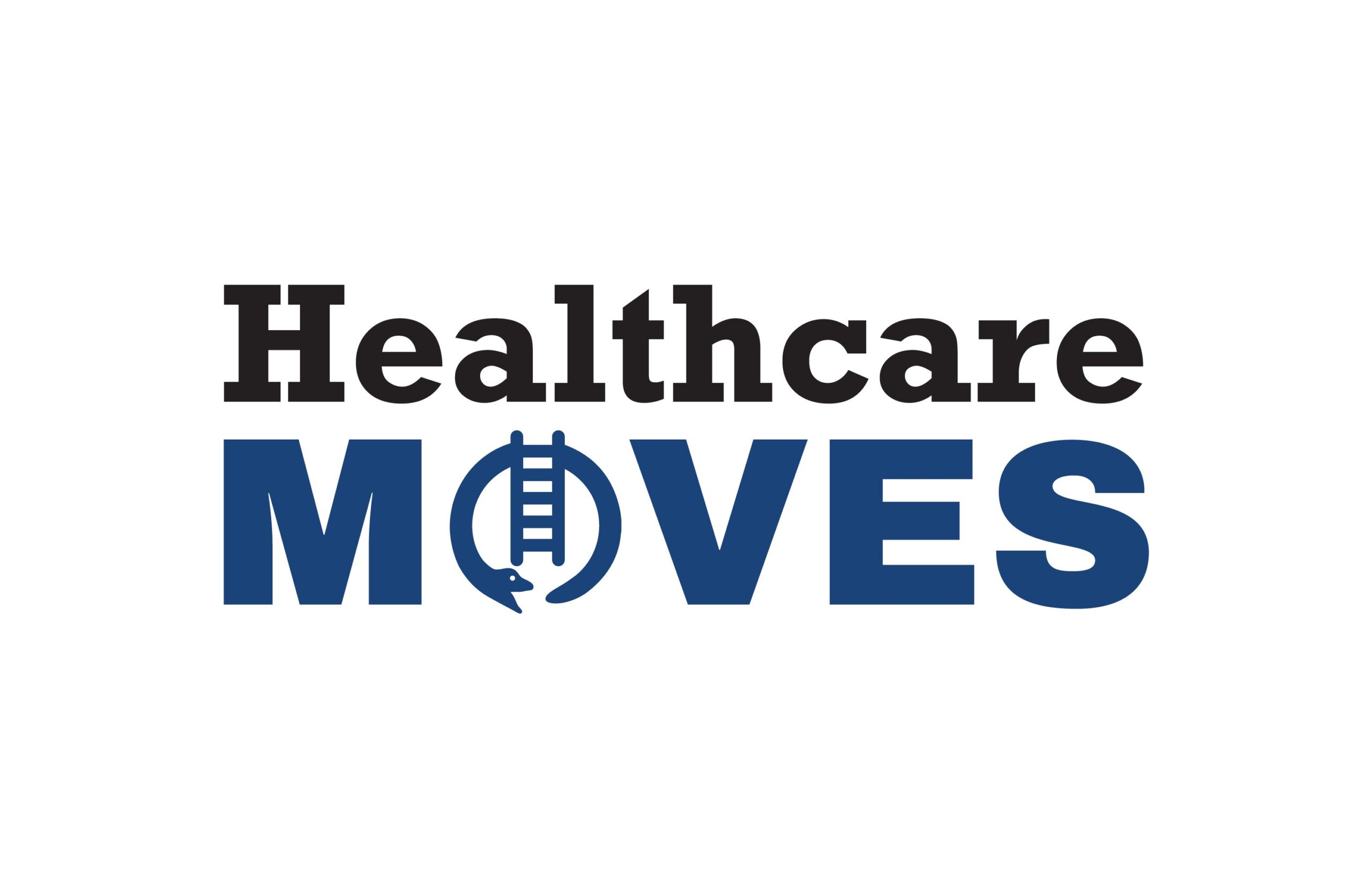Last week, Medtronic (NYSE:MDT) announced that one untested, yet promising therapy that it is developing had been accepted by a U.S. Food and Drug Administration pilot program meant to provide early feasibility testing of innovative medical devices.
In fact, the Minnesota medical device maker’s stent graft to treat thoracic aortic aneurysms was one of nine devices chosen by the FDA to be part of the Early Feasibility Medical Devices Clinical Studies program, the news release noted.
What devices and what companies comprise the other eight?

With the Rise of AI, What IP Disputes in Healthcare Are Likely to Emerge?
Munck Wilson Mandala Partner Greg Howison shared his perspective on some of the legal ramifications around AI, IP, connected devices and the data they generate, in response to emailed questions.
We may never find out.
An FDA spokeswoman declined to identify the devices part of the program and declared that “according to federal regulation, it’s proprietary information.”
Apparently FDA deems such information to be a trade secret that needs protection. The agency is thus bound by the federal confidentiality regulations that govern the review of a premarket application, noted Michelle Bolek, the FDA spokeswoman. Companies can choose to reveal the information, but the FDA can’t, she added.
Huh?
It’s not clear how naming a company and a device it is developing is equal to revealing the secret sauce behind its development. If that were the case, Medtronic would probably guard that information zealously and not make a public announcement about its involvement in the program.
Not to mention that companies engaged in clinical trials routinely make certain information available on clinicaltrials.gov, where the public learns what is being tested and who is the sponsor of the study. And the Early Feasibility Medical Devices Clinical Studies program is not very different in that it essentially speeds up the time frame in which testing on humans can be done because nonclinical testing doesn’t provide enough information about its safety profile.
Further, companies, public or private, often inform their shareholders or investors when they expect to file a PMA application. Revealing who the companies and what the therapies are would not give away more information than that.
But announcing that the agency is accepting applications for a program that would serve help get innovative therapies tested earlier and then not say what those therapies are seems a little pointless.
It would also seem that identifying the companies part of this innovative program would be beneficial to patients who might became aware of a possible therapy that might alleviate their condition. It may also help to change the industry narrative about the FDA and how it hampers innovation.
But the FDA has decided that it is bound by convention.
I wonder whether FDA’s reticence stems from the fact that there are smaller companies part of the mix that are hesitant to tip their hand on the therapies they are trying to develop, which may or may not succeed.














